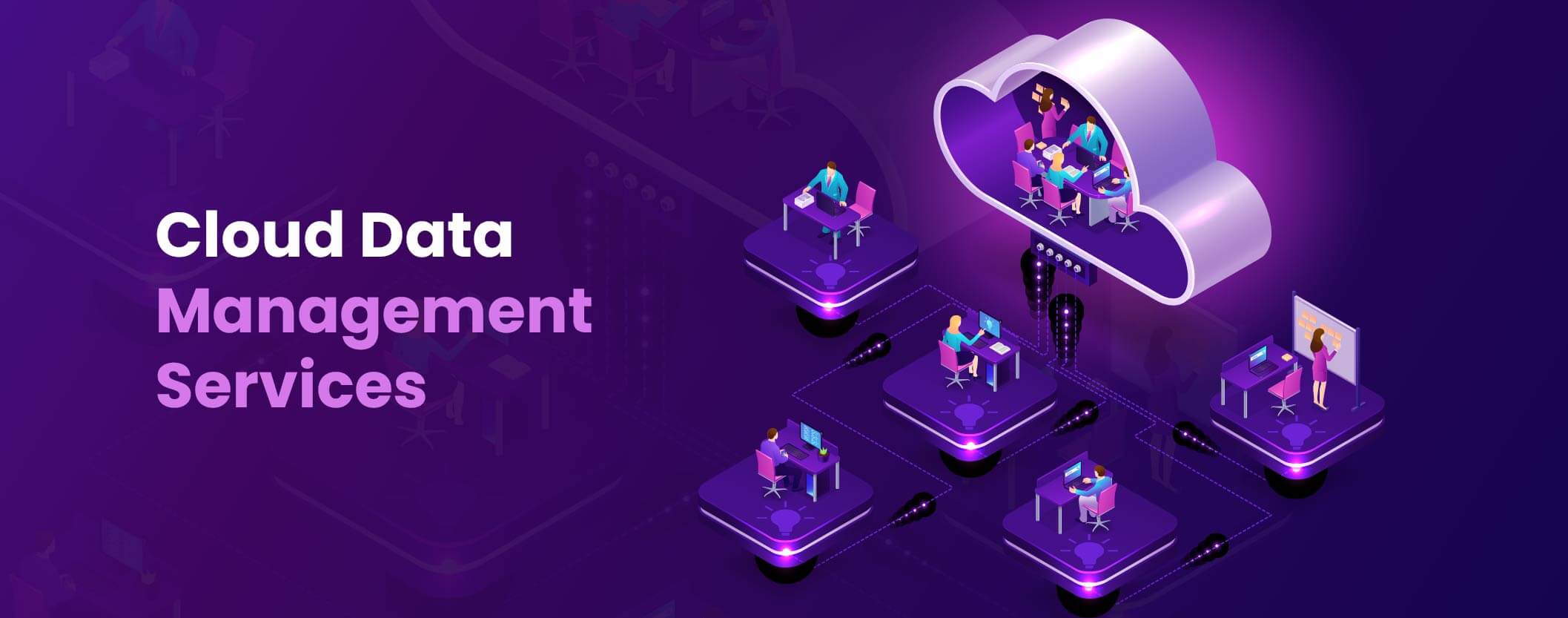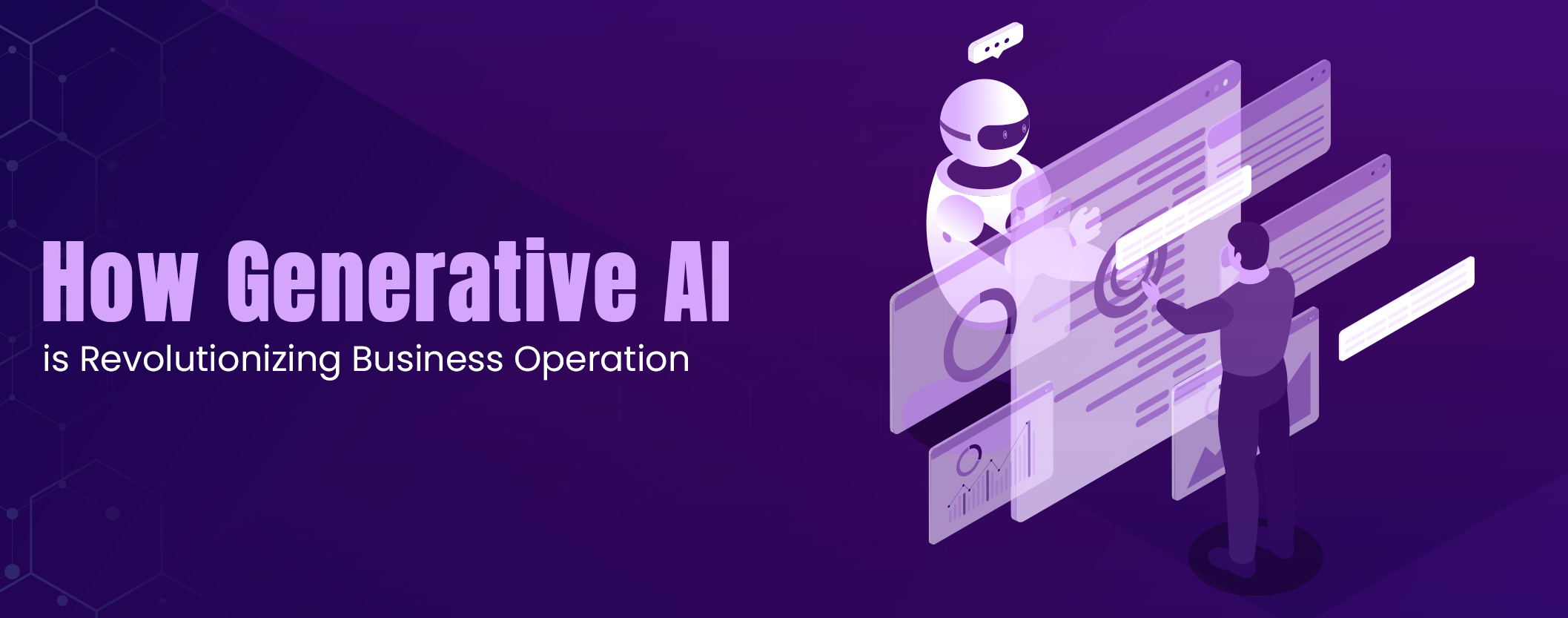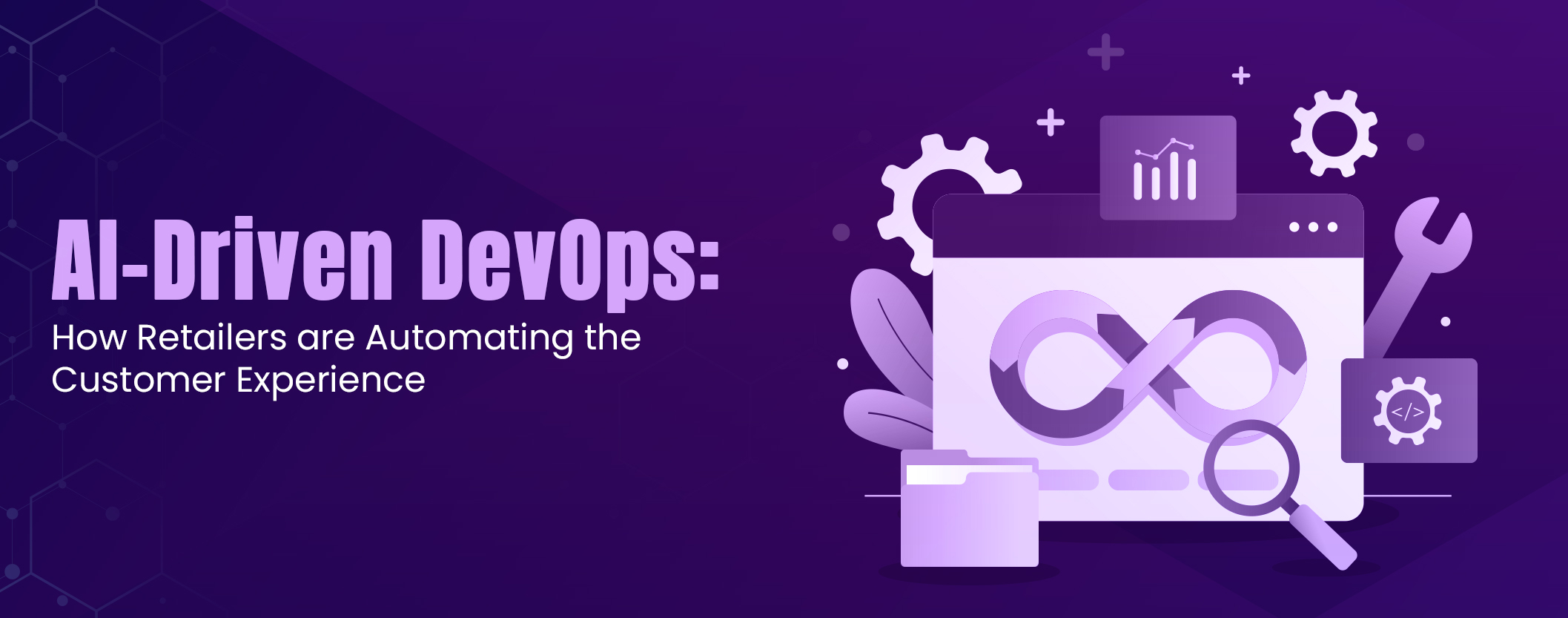For any business navigating today’s digital world, handling an ever-growing amount of data efficiently & securely has never been more critical. This is where cloud data management services become a powerful tool offering businesses a way to manage data that’s scalable, flexible, and cost-effective.
How is it different from traditional database management?
Traditional database management involves the use of on-premises servers and hardware, requiring significant upfront investment, ongoing maintenance, and dedicated IT staff. In contrast, cloud data management services allow businesses to store and access their data over the internet, eliminating the need for physical infrastructure. This shift not only reduces costs but also enhances agility, enabling organizations to scale their data needs up or down as required.
What are the benefits of Cloud-based Data Management Systems?
Effortless Scalability
Unlike traditional database management systems that require significant investments in additional hardware to handle increased data storage needs, cloud allows businesses to effortlessly scale their storage capacity to match their evolving requirements. With cloud, businesses can easily increase or decrease storage without the hefty costs and logistics of purchasing and maintaining new hardware. This flexibility enables companies to respond quickly to changing demands and growth opportunities.
Cost-Effectiveness
By eliminating the need for physical servers and maintenance, cloud data management services reduce both capital and operational expenses. Companies pay only for the storage and services they use, leading to substantial cost savings.
Global Accessibility
Having all the business data on cloud provides unparalleled accessibility, allowing users to access data from anywhere in the world, at any time. This accessibility not only eliminates departmental silos but also facilitates remote work, enhancing team collaboration across different geographies.
Reliable Disaster Recovery
Traditional disaster recovery methods can be complex and costly, involving manual backups and off-site storage. Cloud data management simplifies this with automatic and continuous backups, geographic redundancy, and quick data restoration in case of data loss or system failures. Additionally, cloud services offer advanced security features, including encryption and multi-factor authentication, ensuring your data is both protected and easily recoverable, thereby enhancing overall disaster recovery efficiency.
Smooth Integration
Cloud platforms can easily integrate with existing enterprise data management solutions, streamlining workflows and enhancing productivity.
Risks of Cloud Data Management
With multiple benefits, cloud database management also comes with its own set of challenges. It is important for any business to consider and mitigate the potential risks before adopting cloud. Below we enlist a few of the associated risks & possible solutions.
Data Privacy Concerns
Storing data on third-party servers can lead to privacy concerns. It’s crucial for businesses to ensure their cloud provider complies with data protection regulations and has strong privacy policies to safeguard sensitive data.
Downtime Worries
While it is crucial to choose a reliable provider with a good uptime record, outages are inevitable and when it happens it can lead to disrupted business operations.
Vendor Lock-In
In case the business relies on a single cloud provider it may lead to vendor lock-in, making it difficult to switch providers or move data back on-premises when needed. Therefore, considering a multi-cloud strategy is an ideal way to mitigate this risk.
Compliance:
Ensuring compliance with industry regulations and standards is vital. Companies must work closely with their cloud provider to ensure that they meet all relevant compliance requirements to avoid any data breaches or leaks.
Why Choose Stigasoft for Cloud Data Management Services?
In conclusion, cloud data management services offer numerous benefits, including scalability, cost-effectiveness, and enhanced security, but they must also be aware of potential risks. By choosing a trusted provider like Stigasoft, businesses can leverage the full potential of cloud data management while mitigating associated risks, ensuring a seamless and secure data management experience. Here are some of the key reasons why Stigasoft is an ideal partner for enterprise data management solutions.
- Being ISO & CMMI Level 3 Certified, Stigasoft adheres to the highest quality standards, ensuring reliable and efficient data management solutions.
- Our team includes certified Agile Scrum Masters who bring a structured and efficient approach to managing data projects, ensuring timely and successful delivery.
- Stigasoft boasts a team of professionals with extensive experience in cloud data management, ensuring highest quality services.
- We provide round-the-clock support to address any issues promptly, ensuring that your business operations run smoothly without any interruptions.





